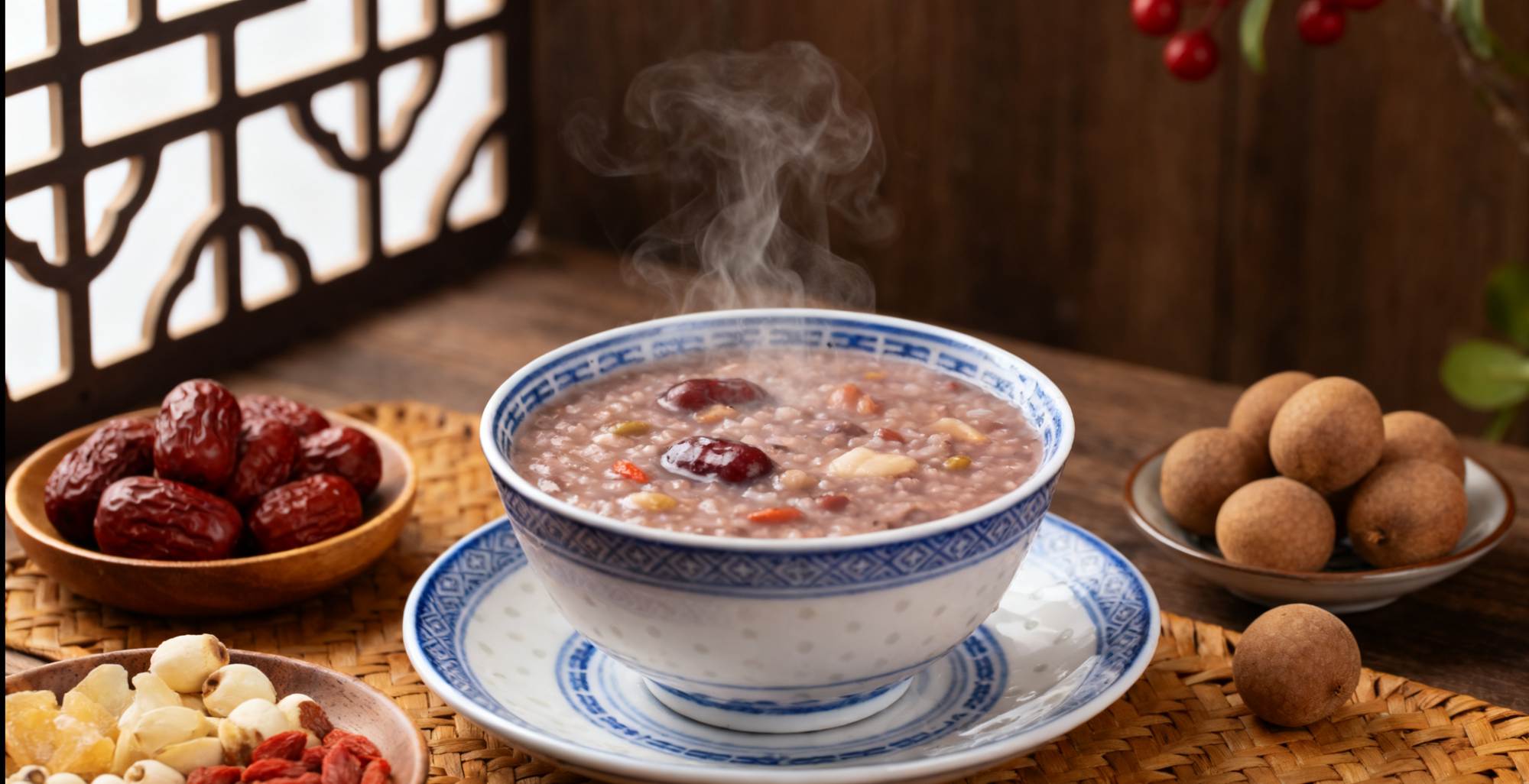Winter is a season of dormancy and storage, the end of one year and the beginning of the next. As the saying goes, "Spring brings forth life, summer fosters growth, autumn harvests, and winter stores away," therefore, proper winter health maintenance is crucial for health in the coming year. Today, we've compiled some tips for winter health maintenance to help you scientifically maintain your health through diet and exercise, ensuring a healthy winter.
After the Beginning of Winter (Lidong), winter officially arrives. After Lidong, health maintenance should focus on "nourishing and storing," and your daily routine should include going to bed early and getting up late. "Winter nourishment is like climbing a tiger," meaning winter is an excellent time for "nourishing" the body, but it shouldn't be done blindly.
content
I. Three Principles
1.1 Nourishing the Stomach – Less Cold, More Warmth
1.2 Nourishing the Spirit – Early to Bed, Late to Rise
1.3 Nourishing the Kidneys – Less Salt, More Bitterness
II. Winter Tonics Should Be Tailored to Individual Needs
2.1 Consider the Individual Group
2.2 Consider the Region

I. Three Principles
1.1 Nourishing the Stomach – Less Cold, More Warmth
Winter nourishment should focus on dispelling cold and warming the stomach. From a Traditional Chinese Medicine perspective, winter is a period of "Yang waning and Yin waxing," with relatively low temperatures. If you don't pay attention to keeping warm and are easily chilled, cold pathogens can invade the stomach and intestines, leading to gastrointestinal discomfort. According to the principles of Traditional Chinese Medicine (TCM) of "tonifying deficiency and warming cold," warming porridges are used for dietary supplementation. The diet should include more warming and hot foods to improve the body's cold resistance.
1.2 Nourishing the Spirit – Early to Bed, Late to Rise
The most direct way to maintain health in winter is to go to bed early. In winter, one should go to bed early and rise late, focusing on "storing" energy, avoiding disturbing Yang energy, and avoiding excessive worry, overwork, or restlessness. However, due to the cold weather, sleep may be affected. If possible, taking a nap is best, as it also helps prevent coronary heart disease, myocardial infarction, and other heart diseases.

1.3 Nourishing the Kidneys – Less Salt, More Bitter
In cold weather, the diet should be less salty and more bitter. According to TCM theory, winter is the time when the kidney meridian is most active, and the kidney governs saltiness, while the heart governs bitterness. From the perspective of the Five Elements theory, saltiness overcomes bitterness, and kidney water controls heart fire. If you eat too much salty food in winter, it will further exacerbate the already excessive kidney water, thus weakening the heart yang. Therefore, you should eat more bitter foods to support heart yang and counteract the excessive kidney water.
II. Winter Tonification Requires Differentiated Treatment
2.1 By Population
Winter tonification should be tailored to the individual.
Youth focuses on nourishment, middle-aged on regulation, and the elderly on protection.
That is to say, youth, with their abundant yang energy, may not need tonification or may only need minor supplementation; middle-aged people should adjust their lifestyle according to their recent physical condition, such as if they have been very tired and their bodies have suffered too much, then they need to tonify; the elderly often suffer from multiple chronic diseases and should pay more attention to protection.

For example, during the winter solstice, temperatures fluctuate greatly. Patients with hypertension and coronary heart disease should pay more attention to keeping warm, taking medication regularly, and reducing physical activities that cause sweating. Patients with cervical spondylosis and lumbar spondylosis should pay attention to keeping their affected areas warm and do more gentle exercises.
2.2 By Region
Tonification also varies by region. Experts remind us that there are regional principles to follow when it comes to winter tonification in Traditional Chinese Medicine: Southern regions benefit from mild tonics, Northern regions from warming tonics, and high-altitude regions from moisturizing tonics.
Specifically, in the cold winters of the North, tonification with warming and nourishing foods is recommended, such as beef and mutton. In the South, although winter has arrived, temperatures are much warmer than in the North, so tonification should focus on mild, sweet, and warming foods, such as chicken, duck, and fish. In high-altitude mountainous areas with less rainfall and a drier climate, sweet and moisturizing fruits and vegetables, black fungus, and rock sugar are suitable; for example, stewed pear with rock sugar is a good choice.

In addition, attention should be paid to the immediate environment. For example, in homes with heating or air conditioning, the environment is relatively hot and dry, so tonification should also focus on moisturizing.



